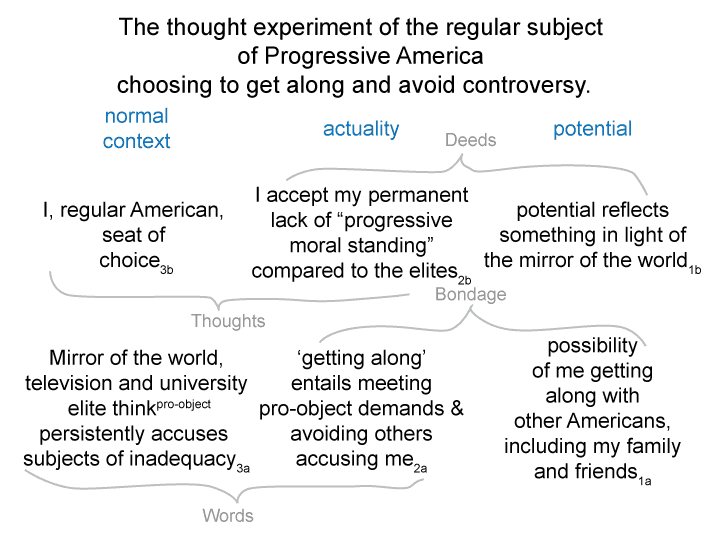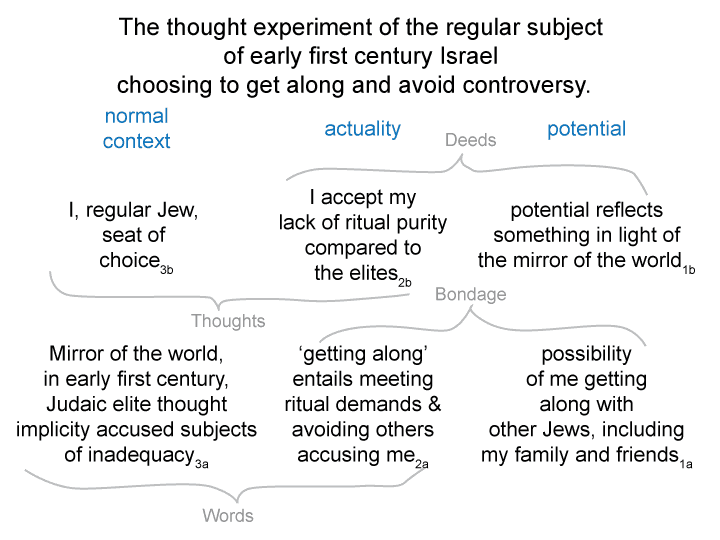Man and Sin by Piet Schoonenberg (1964) 2.3 MA
Summary of text [comment] page 83
[Just as the regular first-century Jews selected the ‘something2a’ that empowered the Pharisees, many twentieth century Americans vote for ‘something2a’ that denies other people’s rights and properties.
By pretending to be a victim, we get free stuff.
We vote for Progressive representatives to scam easily intimidated common folk (who strive to build wealth).
The very rich folk, however, have different options.
They hire lobbyists.
How character building is that?]


